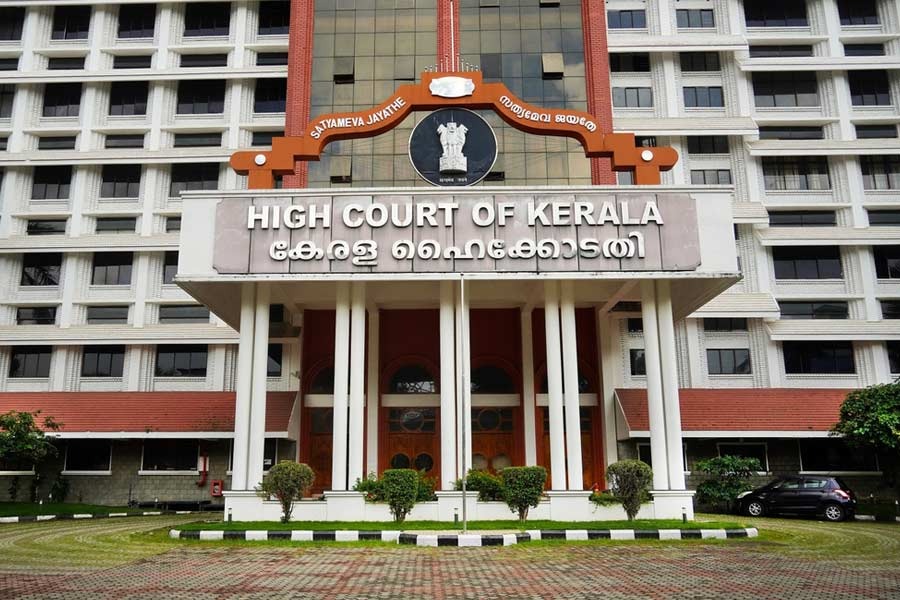
Karnataka High Court Says Married Sisters Can Claim Motor Accident Compensation as Dependents
Court rejects insurer’s argument that marital status ends dependency on parental family
Judges highlight Indian social context where daughters and sisters remain connected even after marriage
By Our Legal Correspondent
New Delhi: November 21, 2025:
The Karnataka High Court has delivered a significant judgment in the case of National Insurance Company Limited v. George Menezes & Others, ruling that married sisters of a deceased accident victim can be considered dependents and are entitled to claim compensation under the Motor Vehicles Act.
The decision, delivered by Justice Umesh M. Adiga, dismissed an appeal filed by the National Insurance Company against an award passed by the Motor Accidents Claims Tribunal (MACT). The ruling is expected to have far-reaching implications for accident compensation claims across India.
Background of the Case
The case arose from a tragic accident on July 12, 2017, when Prem Prakash Menezes, a 44-year-old daily wage worker earning ₹500 per day, was killed after being hit by a speeding private bus in Udupi.
Following his death, his brother George Menezes and his married sisters Janet and Anita filed a claim petition before the MACT. The tribunal awarded them ₹10.6 lakh as compensation, recognizing them as dependents of the deceased.
The National Insurance Company challenged the award, arguing that the married sisters could not be treated as dependents since they were living in their matrimonial homes and supported by their husbands.
Court’s Observations
Justice Umesh M. Adiga rejected the insurer’s contention, noting that in the Indian social context, daughters and sisters often remain closely connected to their parental families even after marriage.
The court observed:
- Dependency is not automatically severed by marriage.
- Many earning members continue to contribute to the welfare of their sisters and daughters, regardless of marital status.
- The right to claim compensation cannot be denied merely because the claimant is married.
The judge emphasized that social realities must be considered in accident compensation cases, and dependency should be assessed based on actual circumstances rather than rigid assumptions.
Importance of the Ruling
This judgment is important because it:
Also Read: Supreme Court Questions Talaq-e-Hasan: How It Differs from Triple Talaq and Why It’s Under Scrutiny
- Expands the definition of dependents under the Motor Vehicles Act.
- Recognizes the social and cultural realities of Indian families, where financial support often extends beyond immediate dependents.
- Provides relief to married sisters and daughters who may rely on their parental family for emotional and financial support.
Legal experts note that the ruling strengthens the rights of women in accident compensation cases and ensures that insurers cannot deny claims based on marital status alone.
Broader Legal Context
The Motor Vehicles Act allows compensation to be claimed by legal representatives and dependents of accident victims. Traditionally, dependents were understood to mean spouses, children, and parents.
However, courts have increasingly recognized that dependency can extend to other family members, including siblings, based on social and financial realities.
The Karnataka High Court’s ruling aligns with this broader interpretation, ensuring that justice is delivered in line with contemporary social conditions.
Insurer’s Argument Rejected
The National Insurance Company had argued that since the sisters were married and living with their husbands, they could not be considered dependents of the deceased.
The court rejected this argument, stating that dependency is a matter of fact, not assumption. The deceased, Prem Prakash Menezes, was known to contribute to the welfare of his siblings, and this support did not end with their marriage.
Social Context Highlighted
Justice Adiga’s ruling highlighted the unique social fabric of Indian families, where relationships remain strong even after marriage.
Also Read: Supreme Court Rules Unauthorized Constructions Cannot Be Protected, But Owners Must Get Fair Hearing
The court noted:
- Married daughters and sisters often continue to rely on their parental families for support.
- Financial contributions from brothers or parents are common, especially in times of need.
- Denying compensation based on marital status would ignore these realities.
Public Reaction
The judgment has been welcomed by women’s rights advocates and legal experts. Many see it as a progressive step that acknowledges the realities of Indian family structures.
For families of accident victims, the ruling provides reassurance that compensation claims will not be denied simply because the claimant is married.
Implications for Future Cases
The ruling sets a precedent for future accident compensation cases across India. It ensures that:
- Married sisters and daughters can claim compensation as dependents.
- Insurers cannot deny claims based on marital status alone.
- Courts will consider social realities and factual dependency rather than rigid definitions.
This broader interpretation of dependency is expected to benefit many families, especially in rural and semi-urban areas where financial support often extends beyond immediate dependents.
Conclusion
The Karnataka High Court’s ruling in National Insurance Company Limited v. George Menezes & Others marks a significant development in accident compensation law. By recognizing that married sisters can be dependents, the court has expanded the scope of justice under the Motor Vehicles Act.
The judgment reflects the social realities of Indian families, where financial support often continues even after marriage. It ensures that compensation is awarded fairly, protecting the rights of women and families affected by tragic accidents.
As accident compensation law evolves, this ruling will serve as a guiding precedent, reinforcing the principle that justice must reflect both legal provisions and social realities.
🔑 Keywords for SEO & Faster Searches
- Karnataka High Court married sisters’ compensation ruling
- National Insurance Company vs George Menezes case
- Motor accident compensation dependents India
- Married sisters entitled to accident claim Karnataka HC
- Prem Prakash Menezes accident case Udupi
- MACT compensation married daughters ruling
- Karnataka HC progressive judgment accident claims
- Motor Vehicles Act dependents definition India
- Insurance company appeal dismissed Karnataka HC
- Accident victim family compensation rights India
Also Read: Bombay High Court Rules Arbitrators Lose Mandate If Proceedings Are Suspended Over Fee Disputes